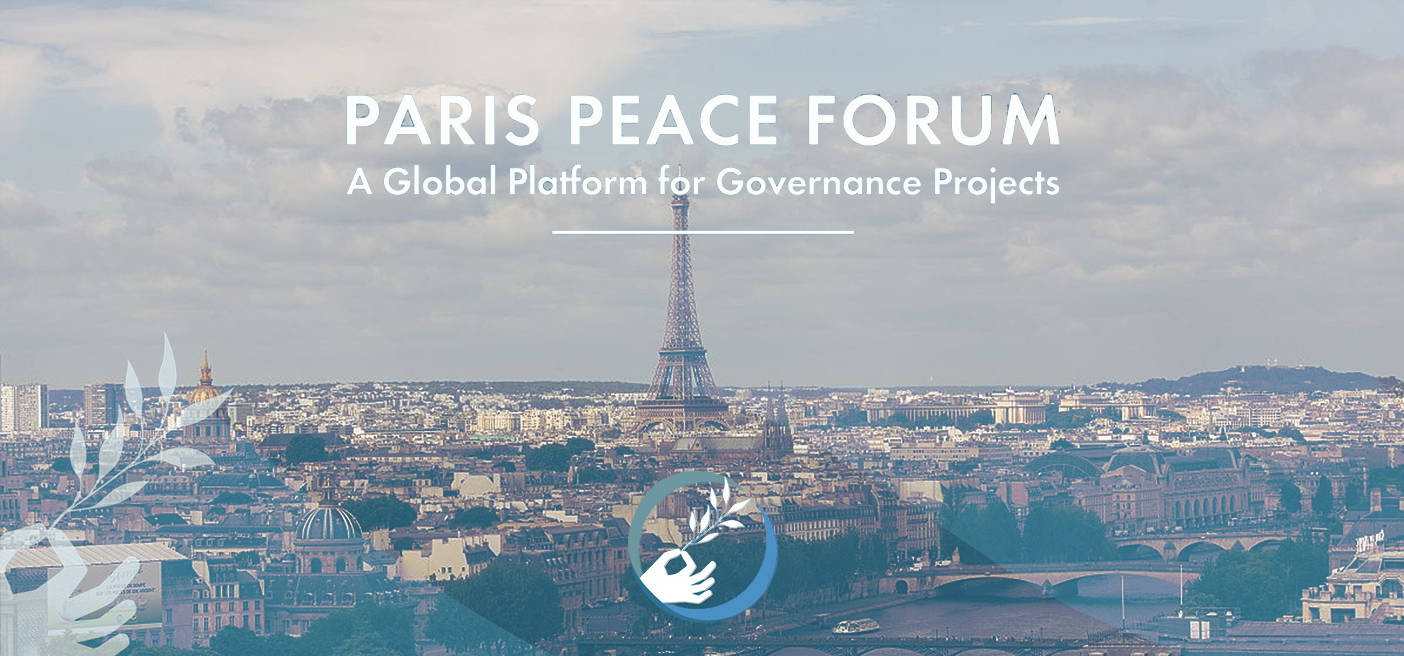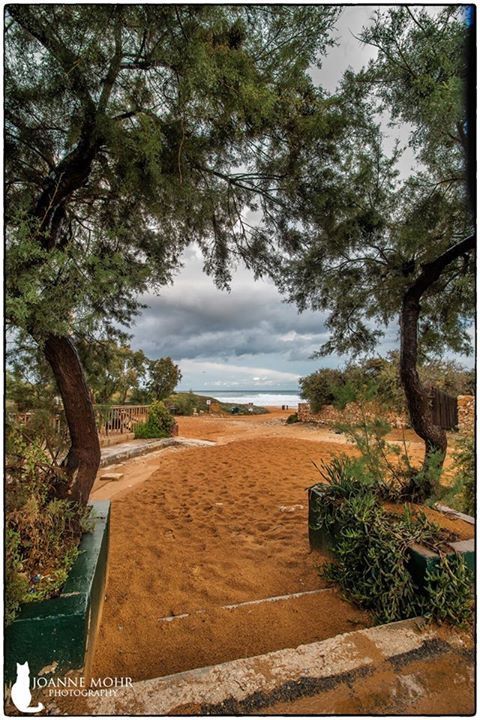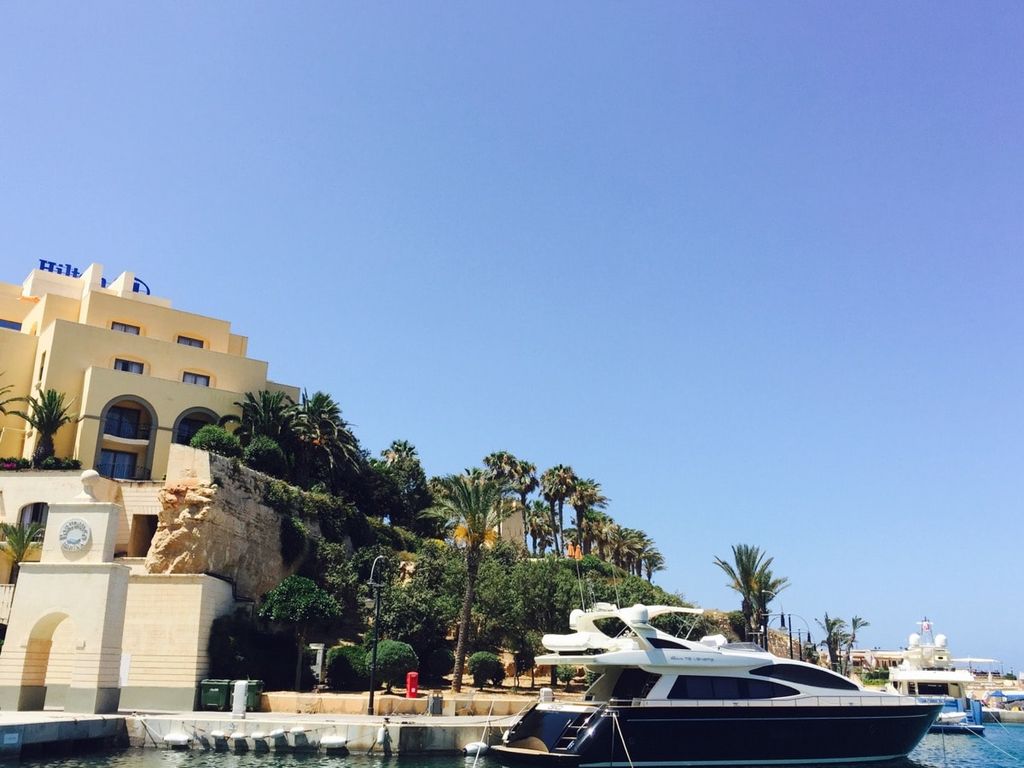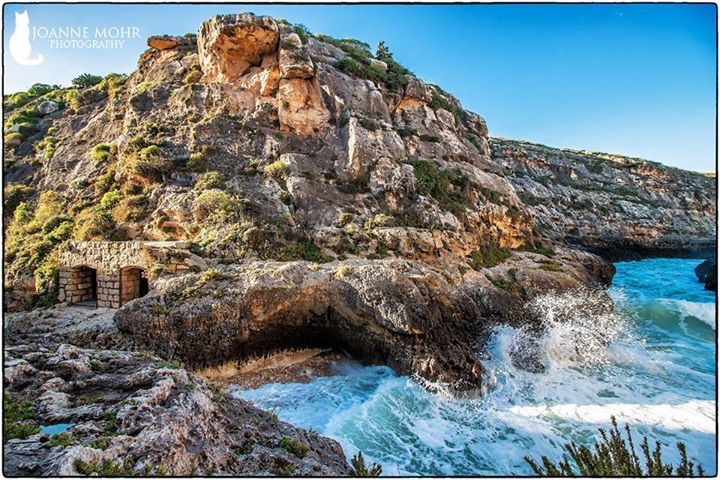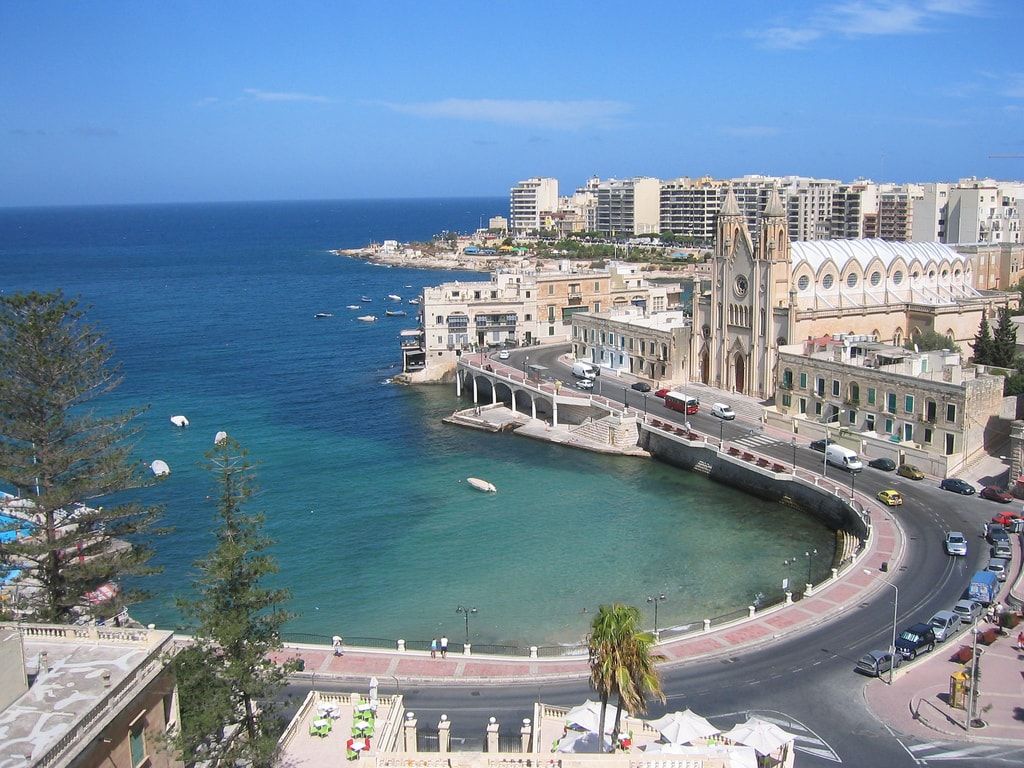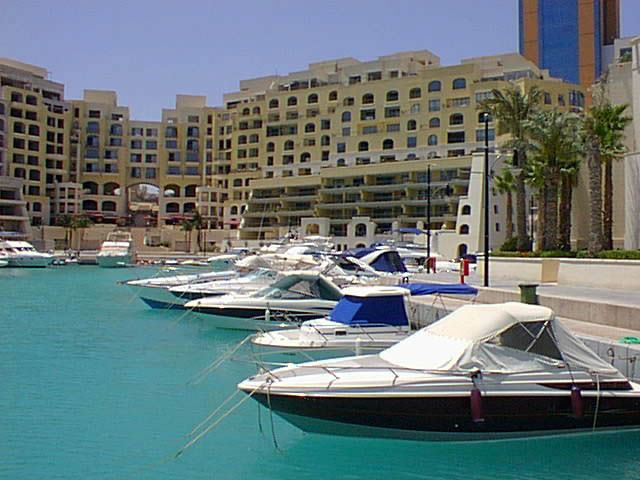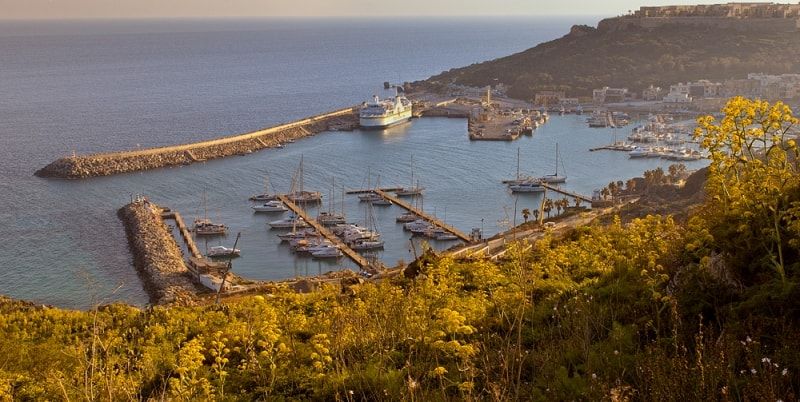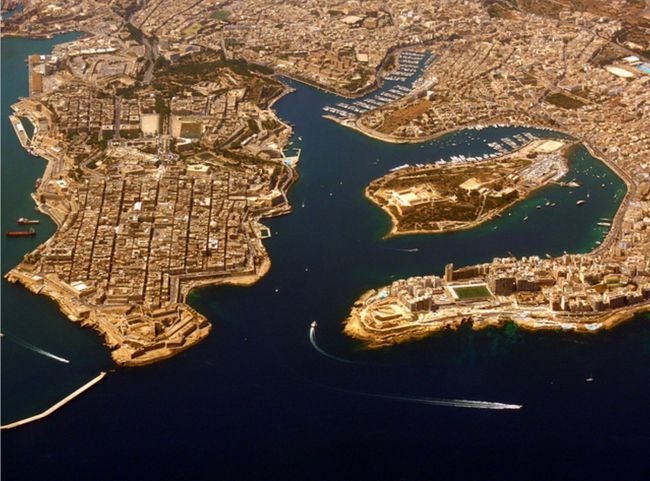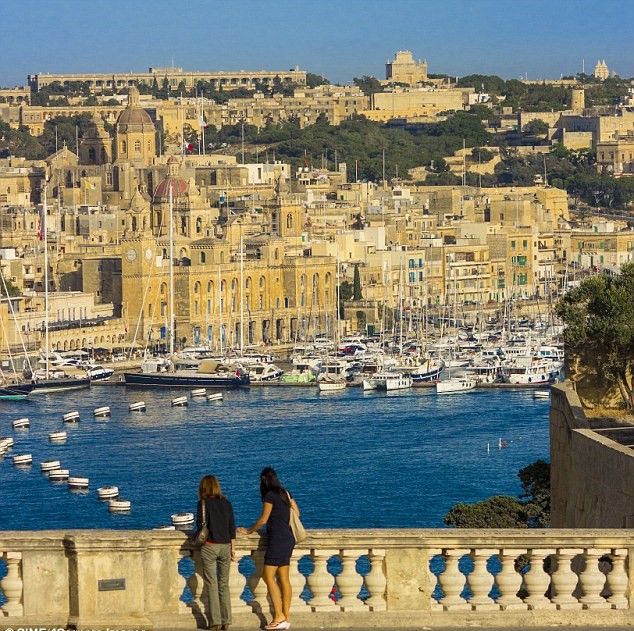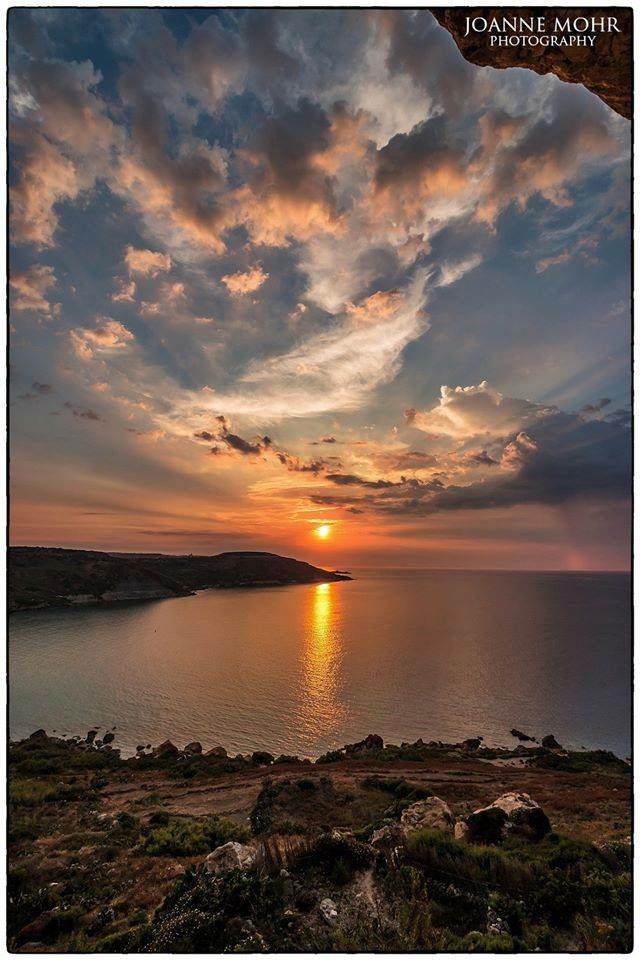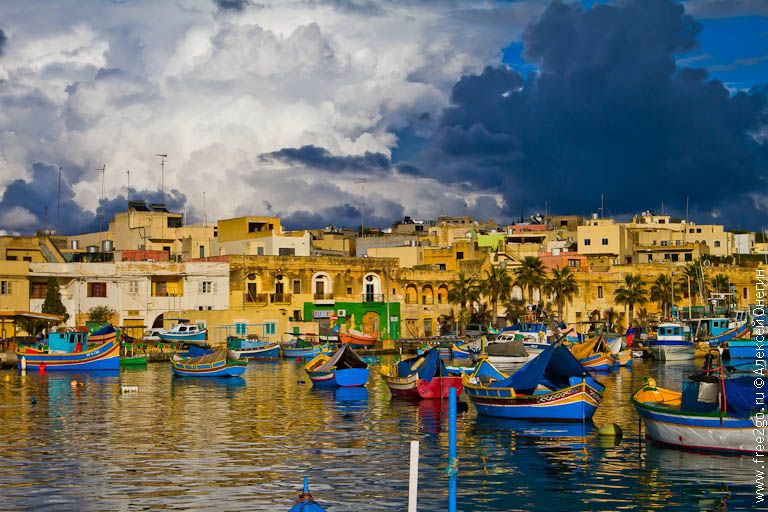Project: Strategies of the World System's multilevel governance
Paris Peace Forum
Authors:
PhD in politics Marina Ramonova
Aleksandra Ramonova
“And I saw a new heaven, and a new earth”
Revelation of Saint John the Theologian - 21.1
Contemporary age of the world order's transformation, borders' watershed, globalization of consciousness and the loss of authenticity, brings to the forefront the issues of systematizing the knowledge accumulated by mankind for the entire period of known history. Searching the way out of the "impasse of history", a scientific community, concerned with the world's problems of ecology, energy, and the system order, aspires again to generalize knowledge, and consolidate the scientists of the World to enter the Kehre[1].
Creation of the new social networks and interconnections, based on the Outstanding Achievements of Mankind (OAM), is appeared as the most relevant nowadays. The choice of the way, traditions, morally ideological installations and formation on their basis the effective strategy for the long-term social structures development, are concerned as the magistral line for scientific elaborations of modern scientists.
World politics and the international relations researchers speak about affluence “out-of-system” and "ill-explicable" phenomena, which are not inscribing into the customary framework. Situation is usually explained that new public and private sources of the authority and influence in the world, acting within the old rules (responding to the realities of old international system) inevitably generate contradictions, competition, conflicts. Eventually, it obstructs the formation of a clear picture, which would reflect key characteristics of the modern world.
Will world organizations adapt or survive - key vagueness. The current trends, presuming distribution of the power and influence, create global deficiency of governance. To deploy these tendencies in other direction, it would require a powerful leadership of a number of forces in the international community, including nascent ones.Some uncertainties will entail consequences that are more serious.
During the transformational period of society, its qualitative change, one must not consider any one plane (for example, state or intergovernmental) as the most important or primary, and also indicate that some one type of the international processes governance dominates today, or that there is an accurate political structure of the world. Scientists have spoken about "bifurcation of global structures”[2], “polycentrism”[3] and “cosmocracy”[4].
The instability and "turbulence" of the international system in the new millennium is opposed to rather steady Westphalian system and the System of checks and balances during the second part of the XX century. Within three-four centuries at the basis of the international system there were such "Westphalian" principles as state centrism, sovereignty as "common denominator", international law, balance of forces, etc.
Having passed through a number of evolvement stages, the international system has begun to be exposed to an erosion, caused by two main reasons: activation of non-state transnational actors on the world scene and political variety of the states, which have logged in.
Thus, in modern system, old rules do not function any more, but also new ones are not developed yet.
However, the necessary movement of political process generates spontaneous elaboration of norms, which turn out to be informal, numerous and contradictory. Moreover, these norms emanate not only from the states now.
Consequently, the analysis of contemporary social systems and creation of new effective international system is actual for all world community.
The concept "system" in the modern world is widely used not only in scientifically – philosophical theories, but also in ordinary household life of ordinary people, far from scientific researches. Various social groups, people of different education levels, and religions, use "system" as category, a concept, or conclusion.
Objective requirements of solving the exacerbated system problems in economy, sustainable development, ecology, etc. have led to the emergence of interstate cooperation formats of a new level. These changes have been complemented with information and technological revolutions. In particular, new means of information and communications have given the chance to non-governmental organisations (NGO), independent associations and social movements to actively interact both inside and among themselves, and also to exert information, intellectual and material impact on the current events. Discourses of neoliberalism and democratisation, and also the corresponding policy "have awakened" forces of financial and economic groups and subnational communities. In the latter case, considerable degree of independence was received by levels and actors, which locates below national one.
Real changes had at once found theoretical reflection. Concepts of transnationalism, international regimes and "governance" appeared. The last concept, which originated from corporate management, was later concretized. For the description of internal political and regional transformations the concept of "multilevel governance" was developed, as for the analysis of large-scale changes – the concept of "global governance".
The innovative forms of governance under the conditions of multidimensionality of modern world politics, which will distinct by softer instruments, replacing compulsory practices, by horizontally built communication and by preference of non-binding agreements, first of all will be connected with redistribution of a number of functions: up (process of a supranationalization), down (decentralization process) and "to the side" (popularization of the network principle). That is, the involvement into governance process, in the first case - for the regional and international organizations, in the second case – government institutes, in the third – commercial structures and civil society. Simultaneously the governance functions redistribution is complemented with blurring the borders between domestic and foreign policy.
The concept Multilevel governance is connected with the concept "Global governance" which fixes "dispersion" of competences at the world system scale. In spite of the fact, that some analysts consider multilevel governance as quasivariation of the global governance, characterized, unlike the latter, with the existence of accurate criteria of levels gradation, the elements of multilevel governance could be also allocated in other regional associations – larger and smaller scales: at the level of cities, states and in transcontinental coverage.
Therefore, the Multilevel governance concept (Multi-tiered governance), which was originally used for the description of devolution processes in national and regional scales[5], on our opinion, it is the innovative mechanism, that could be used for the arising system's analysis of the Global Multilevel Governance[6].
The modern World System - sophisticatedly constructed, “unstructured”, and “illstructured” interrelations of political actors, that, to a large extent, exists in accordance with the laws of chaos and random relations, rather than a system with a clear structure, which should have been existed in accordance with the laws of a "well-structured" i.e. natural system, with a low entropy. A system approach during the analysis of existing trends and identifying new ones to create a new "World System" provides high efficiency level, examining categories of systematic analysis creates a basis for a logical and coherent approach to decision making[7].
However, it is considered important to remember the need to explicitly structure the interrelations for an effective problem solution.
J. Rosenau drew attention to that, when he said: “There is no single organizing principle on which global governance rests, no emergent order around which communities and nations are likely to convert. Global governance is the sum of myriad – literally millions of – control mechanisms driven by different histories, goals, structures, and processes”[8].
The Bible thesis about the creation of everything forms a fine methodological basis of the system analysis of a system emergence in broad ontological interpretation. A concept essence is in extremely productive idea of initial chaos with the subsequent its transformation[9].
Project's Objective:
Formulation and formation the principles and the strategy of Multilevel governance in modern World System.
Project's Theses:
1) The international systems complication, which we can observe, comparing historical and modern systems, also affects their structure, internal hierarchy. The contemporary international system distinguishes from the previous historical systems in the greater complexity. Imperial structures had been organized by the simple two-level principle "center - periphery". Nowadays the system has become so complicated, that in some aspects such levels as transnational, metaregional, subnational and individual (that is personal) have been allocated. In our representation the modern international system, which has undergone transformation as a result of activation the globalization and transnationalization processes, divides into the global, regional, national, transnational, subnational and forming individual levels.
Levels allocation itself does not mean the necessary formation of the governance at these levels and between them. Multilevel governance requires the mechanisms creation, inducing actors at the different levels to conduct negotiations with each other, to form the coalitions, institutes, and to act conjointly. Following some researchers[10], we consider that the solution is situated in functional differentiation. That is the actors' functional identity within the old system of interstate cooperation, described by K. Waltz's theory[11], with transition to the new system was replaced by differentiation and functional non-equivalence of the existing actors. Transnational "spheres of competence" have actively begun to adopt regulation functions of the system, starting from legitimation and recognition to decision-making and regulation.
Thus, all layers of a modern "world polity" are penetrated by the control system, formed, as a result, from activation of transnational actors and emergence the need to fill a gap in the state's impossibility to effectively perform some functions. It has led to transfer functions, the rights and tasks from national to other levels: up (process of a supranationalization), down (decentralization process) and "to the side" (popularization of the network principle). The regional and international organizations - in the first case, the provincial and local governments - in the second case, commercial structures and civil society - in the third case – have become the important participants of governance.
3) We consider that there are important differences between the global multilevel polity (international system) and other multilevel polities (regional, national etc.).
The existing world processes' governance is not strictly centralized system with a set of the uniformed, recognized as all rules (as in the states), since there is no "coordination center" (for example, the world government), where all strategies and political courses could be coherenced, where various sectors' questions would be coordinated. Such feature means that the world is rather an aggregation variety of crossed regimes, which interests are periodically contravene to each other. Many of these modes are multilevel by the mean, that they involve a large number of actors from different levels, territories and jurisdictions, which, irrespective the situation, are able to interact practically with any other body, community or institute. It should be noted, that "multilevelness" is not universal, and in every concrete sphere or area, it manifests differently.
4) Multilevel strategies could be united in three groups: vertical, horizontal and mixed strategies. As well as in a case with levels, there are a set under-forms and transitional forms, including those, which concerns transition from "single-level" governance to multilevel.
In addition, it is often possible to notice that some certain sphere (economy, ecology, safety …) is more predisposed to one or another strategy. The world problems' spheres are very diverse and are differently correspond to the state actors' opportunity and necessity to control them.
5) It is necessary to state the considerable degree of subjectivity in decision-making on decentralization. First, if traditions and the previous experience do not dispose to transition to multilevel "rails", the state will not make the relevant decisions. Secondly, even if the relevant decisions are made, it is the result of the long discussions at the national level. Thus, the prospect of decentralization firstly depends on the state actors and their verdicts.
Project’s Conclusion:
It is important to note, that neither of the governance strategy, described by us, does not essentially surpass to the other, as use of this nor that method could lead to different results under similar circumstances. We emanate from the affirmation, that it is impossible to carry out a clear boundary between "single-level" and multilevel strategies and to designate where one ends and another begins. Nevertheless, it forces us to consider all continuum of strategies, constructed on the "-level" principle.
Making global decisions does not depend only on the states activity today. A considerable quantity of actors and levels are included in the implementation process of various governance functions.
We believe that Multilevel Governance - the distinctive phenomenon of contemporary international-political system, describing and including all variety of governance's organization ways, constructed on interaction between actors at the different levels of the international system, for achievement private and globally significant purposes.
Governance of the modern systems demands more flexible and effective response mechanisms to inquiries of various actors of the world political process, including at the expense of redistribution a range of traditional participants' powers in favor of "younger" members of the international community. The social and economic systems of the XXI century constantly become more and more complicated. Political and legal theories are subject to serious transformation. Researches of multilevel governance mechanisms, involvement of the new actors in the process of making key decisions, both in domestic, and in foreign policy become the most priority directions.
We consider synergetics and combinatorics as the most effective tools for structure's and ideological keys' formation at creation the new International Political Systems.
Modern realities have more brightly revealed political issues, which would have to be faced by the all world community. Intense peoples' economic and geopolitical migration, globalization, rapid network structures' development - all this forms a new field of World Politics.
"Oecumene - the common home. The different peoples - all together. One alloy. That unity, which does not exist now. And it is very important when different cultures connect together, and one nourishes another. It is the foundation for all subsequent generations"[12].
New Vision on New Issues by New Personalities will Manifest to the world New Decisions.
Bibliography:
[1] "The New Being" - Heidegger М. Die Kehre. — Heidegger М. Die Technik und die Kehre. Pfullingen: Neske, 1962, S. 37–47.
[2] Rosenau J.N. Governing the Ungovernable: The Challenge of a Global Disaggregation of Authority. Paper presented at the Annual Meeting of the International Society for New Institutional Economics, Tucson, Arizona. September 30 -October 3, 2004. The George Washington University.
[3] Scholte J.A. ‘Globalization and Governance: From Statism to Polycentrism’, Warwick University/ESRC Centre for the Study of Globalisation and Regionalisation Working Papers, no. 130/04, February 2004, 51pp.
[4] Keane John. Cosmocracy. Centre for the Study of Democracy, 2002.
[5]Hooghe, Liesbet and Marks, Gary. Unraveling the Central State, But How? Types of Multi-Level Governance. Vienna Institute for Advanced Studies Political Science Series 87. March 2003.
[6]Zurn Michael. Global governance as multi-level governance // Henrik Enderlein, Sonja Walti and Michael Zurn (eds.) Handbook on Multi-level Governance. Cheltenham, Northampton, MA: Edward Elgar, 2010; Prado, Cesar de. Global multi-level governance: European and East Asian leadership. United Nations University, 2007.
[7]M. A. Ramonova. Modern transformations in international political systems in a globalizing world//Moscow University Newsletter. Series 12. Political science, MSU, 2010.
[8]Rosenau James N. Governance in the Twenty-first Century // Global Governance 1, no. 1, 1995. P. 16
[9]Могилевский В.Д. Методология систем. – М.: Экономика, 1999. С. 23; см. также: Пригожин И. От существующего к возникающему. – М.: Наука, 1985; Пригожин И., Стенгерс И. Порядок из хаоса. – М.: Прогресс, 1986.
[10] Ruggie John G. “Trade, Sustainability and Global Governance,” Columbia Journal of Environmental Law, 27 (No. 2, 2002); Michael Zurn. Global governance as multi-level governance // Henrik Enderlein, Sonja Walti and Michael Zurn (eds.) Handbook on Multi-level Governance. Cheltenham, Northampton, MA: Edward Elgar, 2010
[11]Waltz K. Theory of International Politics. McGraw Hill. New York: 1979
[12] Тахо – Годи А.А. «Элита общества» № 11 (37) стр. 20. М. 2007.


